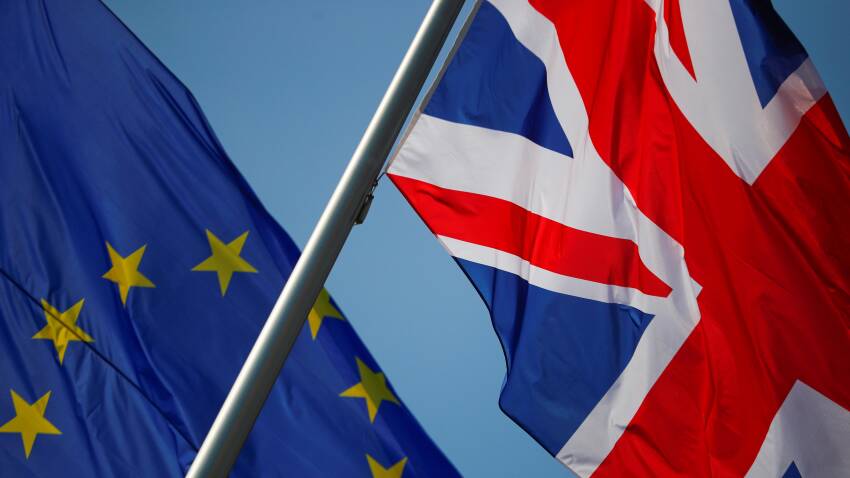
Now the EU and the UK have until the end of the year to agree on their new relationship.
The British government has today formally announced EU that it will not extend the transitional period after Brexit. This means that the UK and EU now only have until the end of the year to agree on their new circumstances, including what a new free trade agreement should look like.
I can officially confirm that the UK will not extend the transitional period, writes Minister Michael Gove, who coordinates the British government’s Brexit policy, on Twitter.
Great Britain and EU would otherwise have the option to extend the transitional period for up to two years if they could agree. But it has the British now rejected once and for all.
January 1, 2021, we will be back in control and have regained our political and economic independence, he adds.
Standing far apart
Although the British formally left EU-cooperation on 31 January this year, they continue to follow the laws and regulations of the Union, which were their members. Great Britain and EU last year agreed to spend 2020 negotiating an agreement on their new relationship in place.
The all-important and important focal point is a free-trade agreement that sets the framework for how the British and EU-the countries in the future must act with each other. In addition, they need to find out how to collaborate on everything from climate and data protection to fishing, aerospace, transport and security.
But the parties are far apart, not least when it comes to the FTA.
And if they do not land a free trade agreement by the end of the year, they will in future have to trade with each other on the terms set by the World Trade Organization (WTO). This means, for example, that there will be customs on goods that are today duty free, as the British are joining Eu Internal Market. In addition, in the long term, customs controls will be imposed on goods crossing the English Channel.


